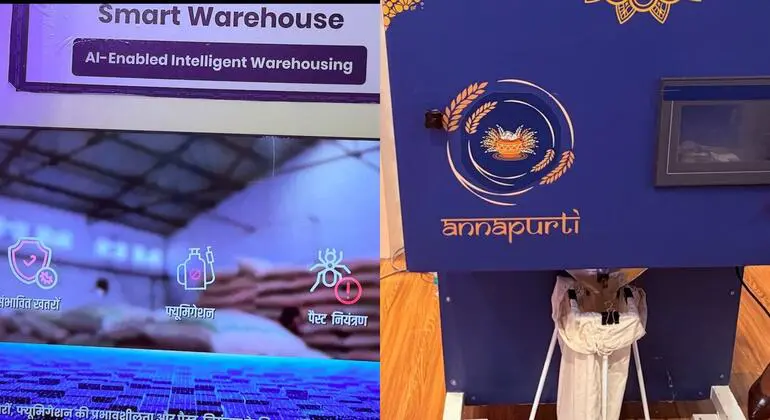Victims of ‘same war’
“Even for those that have fled the same war, although all were accepted for entry into Poland and have received assistance from the State, third country nationals are not protected under the same legal framework,” Mr. González Morales said, adding that “this double standard approach” had prompted a sense of discrimination among third country nationals.
“Those with specific vulnerabilities including the ones with irregular migratory status face heightened difficulties in obtaining residence permits and proper shelter.”
The Special Rapporteur’s comments came at the end of his official visit to Poland and to Belarus – including the border area between the two countries.
Weaponising the vulnerable
That was where tensions flared late last year when between 2,000 and 4,000 migrants – many from Syria, Iraq and other parts of the Middle East – were forced to camp out in freezing conditions, before the political dispute was resolved.
Mr. González Morales said that although the border area was “relatively calm compared to last winter”, some migrants who included new arrivals had remained stranded between Poland and Belraus, “and subject to violence and pushbacks from both sides”.
On the Belarusian side, migrants had been put in “de facto detention” at a closed Temporary Logistical Centre, where they were now sheltering.
Children and pregnant women shut in
On the Polish side of the border, the Special Rapporteur explained with concern that “migrant children and those with their families – and pregnant women – remain detained in closed immigration facilities”.
He insisted that children and other vulnerable individuals “should not be locked up” because of their migration status.
“Alternative reception and care options exist in Poland,” Mr Morales said, before urging the authorities “to immediately release unaccompanied children, children with their families, pregnant women and individuals with mental conditions into open facilities”.
The Polish government had provided “significant support to a huge number of refugees fleeing Ukraine”, the Special Rapporteur continued.
He added that this State assistance, combined with the “solidarity and generosity” of Polish people to Ukrainian people, had resulted in more than two million of them staying in Poland.
“This explains why I do not see refugee camps in Poland,” Mr. González Morales noted.






